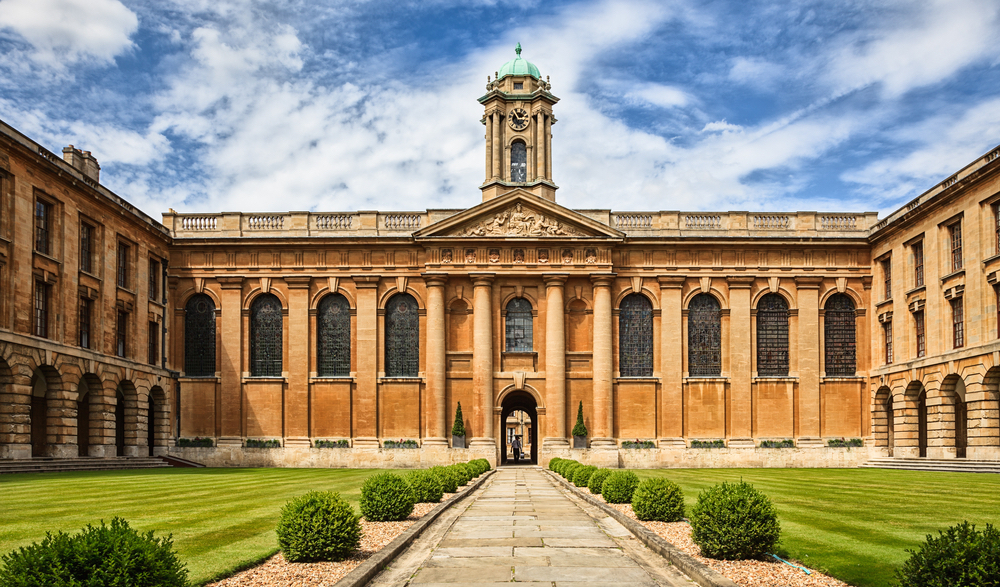
Get Paid to Share Your Expertise
Help shape the future of business through market research studies.
See Research StudiesThe landscape for Executive MBAs is changing: gone are the days when industry leaders could expect full, financial sponsorship from their respective organizations.
But, while the cost may only be on the rise, the options for how to pursue an Executive MBA are growing in scope and perspective. With today’s global marketplace, an international EMBA might be the best possible option for an executive looking to gain insight that extends beyond the U.S. However, international Execuitve MBA programs can be among the most expensive especially given their often-substantial travel components. To help delineate some of the costs to expect and budget for, Ivy Exec has some key considerations to keep in mind.
Tuition and Expenses
Naturally, the first expense to consider when pursuing an international Executive MBA will be your tuition costs. These costs can vary substantially from the more traditional EMBA programs that remains largely stateside. Tuition alone is steep: $166,000 for Duke’s global EMBA program, $154,200 for Georgetown’s global EMBA program with ESADE Business School, or even $172,815 for Columbia Business School’s global programs in Europe.
But while these numbers alone may be daunting, the other crucial question when it comes to budgeting is: what does the tuition cost actually include?
At Georgetown, for example, the tuition cost includes meals, accommodation and even travel expenses between cities during learning modules. Getting to the city where the module kicks off, however, is not included. At Duke’s Fuqua School, tuition includes everything from books to food and lodging during residential sessions. However, tuition does not include travel expenses, visas or vaccinations.
NYU’s TRIUM Global EMBA even offers a notice to prospective students to fully weigh the additional costs above and beyond its $169,500 price tag. On its admissions website, TRIUM estimates that students should prepare to pay an additional $30,000 in “travel, accommodation and subsistence” over the course of their studies.
It’s also important to remember that some learning modules will be offered a la carte. At some schools, elective courses can cost an additional $2,000 while a particular concentration can cost some $8,000 as they do with Duke’s program.
Laptop
While it’s hard to believe there are any modern executives who do not have a laptop computer, many Executive MBA programs have a stated requirement that its students have a laptop. For executives who rely exclusively on a work-provided laptop, this may mean it’s time to purchase one for their personal education uses. Some, like Duke’s Fuqua School, offer what’s called a “managed laptop” for $1,550 that includes both the computer and any software needed for the program.
Scholarships, Sponsorships and Financial Aid
Full company sponsorships for executive education are becoming increasingly rare—and, as a result, should not be the sole means of payment that a prospective student relies upon when considering an Executive MBA. Programs like the Guanghua-Kellogg international EMBA even note on their admissions page that it’s entirely up to the applicant’s company whether or not to provide financial sponsorship. Scholarships, on the other hand, may be an option for some candidates.
While the Guanghua-Kellogg EMBA will not assist a candidate in securing organizational sponsorship—as most will not—the program does have a range of scholarships available based on merit and professional achievement It also provide special scholarships for women in business, executives with achievements in the non-profit sector and leaders who specialize in emerging markets.
Georgetown’s GEMBA program automatically considers candidates for merit-based scholarships along with their application. However, the school does encourage self-sponsored candidates to write an additional scholarship essay for submission along with their application. However, the school only offers scholarships that cover up to 20-percent of tuition fees.
Every EMBA program differs in terms of its scholarships available for international programs so it is good to investigate the offerings of any particular program in detail. Lastly, financial aid options are available for most programs should the prospective student require these. Federal and private loans are available much as they are for other degrees and prospective students can investigate these further with their respective schools.

 R Kress
R Kress